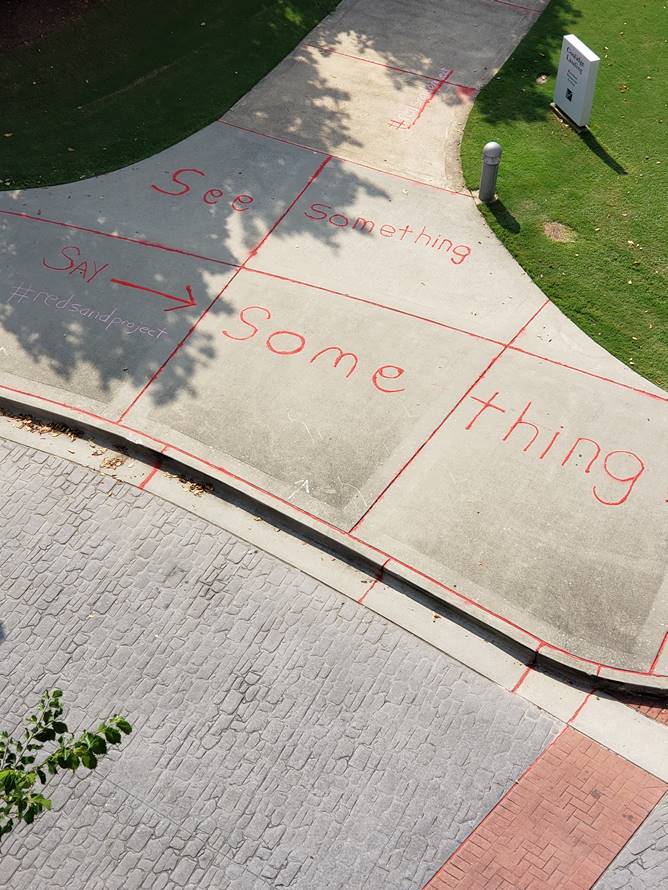
HAMILTON COUNTY _ Human trafficking is the exploitation of people for the purpose of sexual services, forced labor or other commercial services, and even organ removal. This modern day slavery is not something happening only in big cities or foreign countries, it also happens in Tennessee and Hamilton County. According to the Tennessee Department of Health, an estimated 40.3 million people are being trafficked worldwide, including an estimated 94 children each month here in Tennessee. The Chattanooga-Hamilton County Health Department urges all residents to know the risks, red flags, and resources for human trafficking, and possibly save a life.
“Human trafficking occurs right underneath the surface of society,” says Health Department Public Health Educator Shauna Greer, “It can appear as maids, construction workers, or prostitutes, but in any case it is a human being who is trapped in servitude against their will for another’s profit.”
Traffickers prey upon those who have “fallen through the cracks” in society because they can be more easily manipulated or coerced. The risk is when people are cut off from their social support networks, or find themselves in environments of abuse, discrimination, or poverty. Victims are lured or tricked with promises of better jobs, a better life, or promises to help their family.The most commonly trafficked victims are women and girls, and more specifically runaways, refugees and immigrants, LGBT people, domestic violence victims, substance abusers, or anyone who winds up in compromising circumstances.
The impact of human trafficking on the victim can be devastating with lifelong physical and emotional scars. They often experience harsh or dangerous working conditions. Sex workers can be exposed to HIV/AIDS or other serious health risks. Laborers can be exposed to harmful chemical or biological agents. Anxiety, insecurity, fear, and trauma are the daily norm for those caught in the trap.
Fortunately, there are local resources in Hamilton County to help transform victims into survivors. The first step is detecting a victim through knowing the risks and signs of abuse- “if you see something, say something.” The second step is knowing who to call. Notifying local law enforcement is crucial, but sometimes victims or others are reluctant to make contact with police. In those cases, people are urged to call the confidential National Human Trafficking Hotline at 1-888-373-7888 (TTY 711, or text 233733), or the Tennessee Hotline 1-855-558-6484, or the Georgia Hotline 1-844-842-3678. The Chattanooga non-profit Second Life Tennessee’s mission is to fight human trafficking and help connect survivors to the resources they need to begin a life of freedom.
To bring awareness to human trafficking, the Health Department and partners will be creating a temporary public art installation in Coolidge Park near the Market Street Bridge. The “Red Sand Project” will invite participants to fill the cracks of the sidewalk with environmentally friendly red sand to symbolize those who have “fallen through the cracks” of society and have become victims of human trafficking. The event will take place Friday, August 2, from 9:00-11:00 a.m., but the sand will persist at the site until washed away by the elements. Sign boards will remain behind for passersby with information on how to contact Second Life Tennessee. Partners include Second Life Tennessee; Partnership for Families, Children, and Adults; On Point; City of Chattanooga Open Spaces; Hamilton County Sheriff’s Office; and Chattanooga Police Department.
The Health Department’s Personal Safety program provides education and awareness of topics such as rape prevention, intimate partner violence, healthy relationships, bullying, internet safety, and human trafficking. They can be reached at (423) 209-8282.
